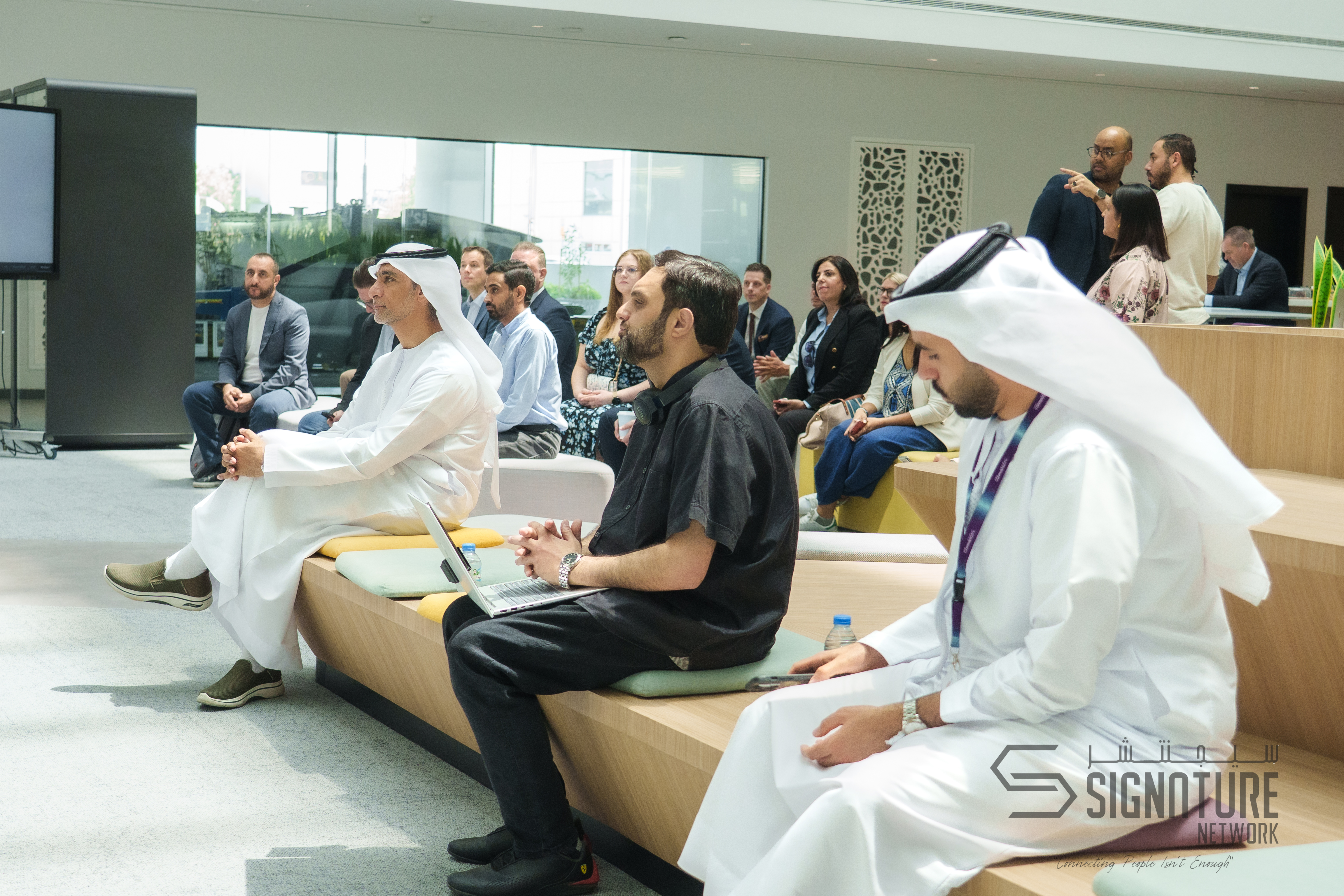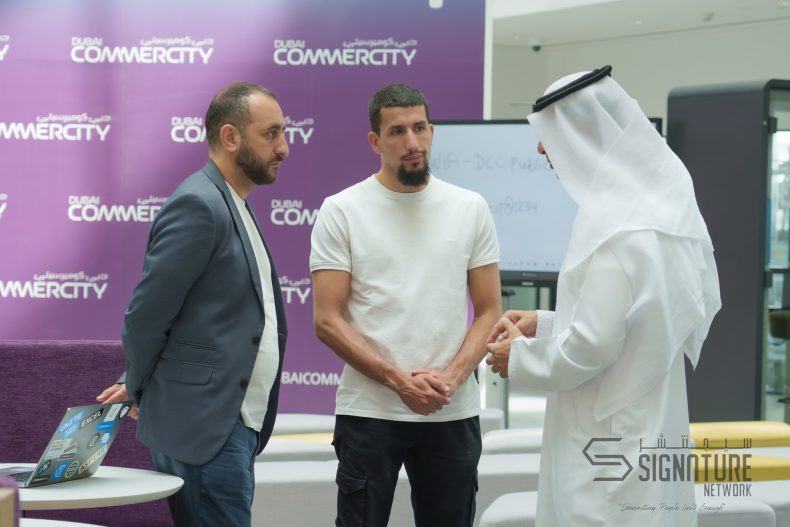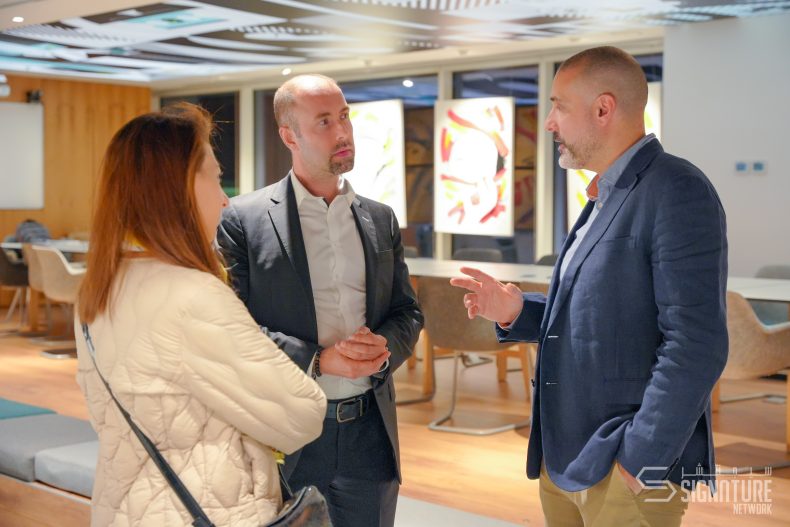
Corporate events are no longer just formal gatherings, they’ve become powerful tools for growth, connection, and brand identity. From product launches to team-building retreats, these events now play a strategic role in shaping culture, strengthening relationships, and driving revenue.
Advancements in technology, such as virtual reality and AI-driven personalization, are transforming how events are experienced, making them more immersive and impactful. At the same time, companies are embracing sustainability, inclusivity, and experimental engagement to reflect the values of both employees and stakeholders.
In today’s fast-changing business world, corporate events are not just about bringing people together, they’re about creating lasting impressions, fostering collaboration, and setting the stage for future success.
What are corporate events?
Corporate events are gatherings sponsored by a company to bring together employees, clients, or other stakeholders for a specific purpose. Corporate events go beyond simple meetings, serving as opportunities to educate, motivate, celebrate, or connect. Whether it’s rewarding employees for their hard work, celebrating company milestones, introducing significant organizational changes, or creating opportunities for collaboration and networking, corporate events play a pivotal role in strengthening relationships and reinforcing company values.

Types of corporate events
From celebrations to knowledge-sharing, corporate events are designed in diverse ways. Here are seven examples worth mentioning:
1. Conferences
Conferences are designed to bring together a targeted audience for learning, discussion, and collaboration. They often feature keynote speakers, breakout sessions, and networking opportunities, making them ideal for sharing insights, motivating participants, and sparking professional connections. Typically held at hotels or conference centers, these events span at least a full day and serve as a hub for knowledge exchange and idea generation.
2. Product Launches
A product launch marks the introduction of a company’s new product or service. Beyond informing attendees and the media, these events aim to generate excitement, raise awareness, and create buzz that extends far beyond the room. By positioning innovation front and center, launches reinforce a company’s ability to evolve and stay competitive in its industry.
3. Trade Shows
Trade shows provide businesses with the stage to connect directly with potential customers and showcase their offerings alongside industry peers. These large-scale events often involve exhibitions, demonstrations, and speaking opportunities, enabling companies to build credibility, strengthen their brand presence, and expand their reach in competitive markets.
4. Appreciation Ceremonies
Appreciation events are designed to recognize and thank employees, clients, or partners for their contributions. They’re typically more relaxed and celebratory in tone, often hosted in venues such as restaurants, theaters, or sporting arenas. These gatherings not only express gratitude but also strengthen loyalty and deepen relationships.
5. Team-Building Activities
Team-building events focus on strengthening collaboration and morale among employees. By creating opportunities to connect outside the workplace, often through outdoor or experimental activities, these events foster trust, communication, and stronger bonds among employees. The result is a stronger, more engaged workforce ready to collaborate more effectively.
6. Company Milestones
Milestone celebrations mark significant achievements such as anniversaries, expansions, or other key company moments. These events vary in size and scope, ranging from intimate gatherings with employees to large-scale celebrations that involve clients and the broader community. They serve as powerful reminders of progress, growth, and shared success.
Award ceremonies shine a spotlight on excellence, whether within a single organization or across an entire industry. Internal awards boost morale and recognize employee achievements, while industry-wide ceremonies establish credibility and highlight leadership within the field. In both cases, these events reinforce a culture of recognition and inspire ongoing success.

Planning a Successful Corporate Event
Corporate events, no matter the type, don’t just come together on their own. Behind every successful conference, launch, or celebration is a clear plan that ties the details to the bigger purpose. Careful preparation ensures that the event not only runs smoothly but also achieves its intended impact, whether that’s inspiring employees, impressing clients, or strengthening brand identity. To make this happen, here are some essential steps to guide the planning process.
1. Define goals and objectives
Start by clarifying what you want the event to achieve. Is it about boosting employee morale, building stronger client relationships, or introducing a new product? Having clear goals ensures that every decision supports your desired outcome.
2. Identify the audience and event type
Knowing who will attend helps determine the best format. A team-building retreat, for instance, will look very different from a shareholder meeting or product launch. Defining your audience early helps you tailor the tone, content, and logistics.
3. Set a realictic budget and timeline
Budgets shape what’s possible, from venue selection to catering and entertainment. At the same time, creating a clear timeline helps keep everything on track and prevents last-minute stress.
4. Choose the right venue
The venue sets the tone for the entire experience. Whether it’s a hotel ballroom, an outdoor retreat, or a virtual platform, the space should reflect the purpose of the event and be accessible for participants.
5. Organize logistics and catering
Smooth logistics make a huge difference. This includes travel arrangements, accommodations (if needed), and food. Even simple catering can leave a lasting impression, so it’s worth planning thoughtfully.
6. Organize logistics and catering
Strong events balance information with engagement. This could mean keynote speakers, workshops, entertainment, or interactive sessions, whatever aligns with your goals and keeps attendees involved.
7. Communicate clearly with attendees
Invitations and reminders should answer the essentials: who, what, when, where, and why. Good communication builds anticipation and ensures people arrive prepared.
8. Perform final checks
Before the big day, test all technology, confirm schedules, and make sure everyone on the organizing team knows their role. Small issues can easily snowball, so preparation here is key.
9. Gather feedback afterward
The event doesn’t end when the lights go down. Post-event surveys, informal feedback, and data tracking help identify what worked and what can be improved for the next one.

The bigger picture
At their best, corporate events do more than fill a calendar, they leave a lasting impression on the people who matter most to a company. They can spark new ideas, strengthen relationships, and reinforce a brand’s story in ways that emails or presentations never could.
For organizations, the key is not just hosting events but approaching them with intention. When every detail ties back to the bigger picture, events become powerful investments in culture, connection, and long-term success.
Source:
- Why Corporate Events Are Essential for Organizational Growth – wearemci.com
- Corporate Events: Definition and 11 Types To Consider – indeed.com
- An event manager’s guide to corporate event planning – travelperk.com



